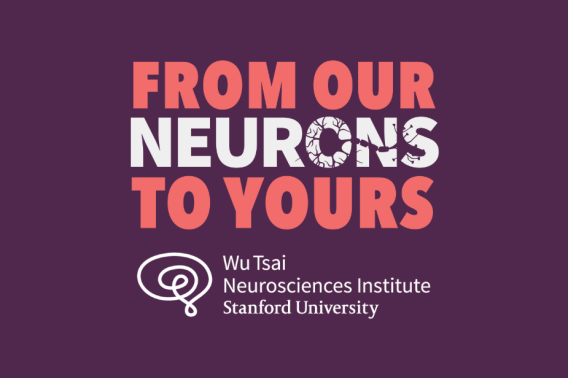Project Summary
Navigation through an environment to a remembered location is a critical skill we use every day. How does our brain accomplish such a task? Over the last few decades, several lines of evidence have suggested that a brain region called medial entorhinal cortex (MEC) supports navigation by encoding information our location and movement within an environment. For example, MEC neurons in your brain may encode information about which direction you are facing, how fast you are traveling, or where you are located relative to prominent landmarks. However, many neurons might encode multiple features, and may even change their coding properties based on the task at hand. To uncover these complex and interesting properties, I combine machine-learning techniques with data collected from electrodes implanted into mouse MEC. By figuring out what individual MEC neurons encode, we can then begin to understand the basic principles by which our brain supports spatial navigation.
Project Details
Funding Type:
SIGF - Graduate Fellowship
Award Year:
2016
Lead Researcher(s):
Team Members:
Donor:
